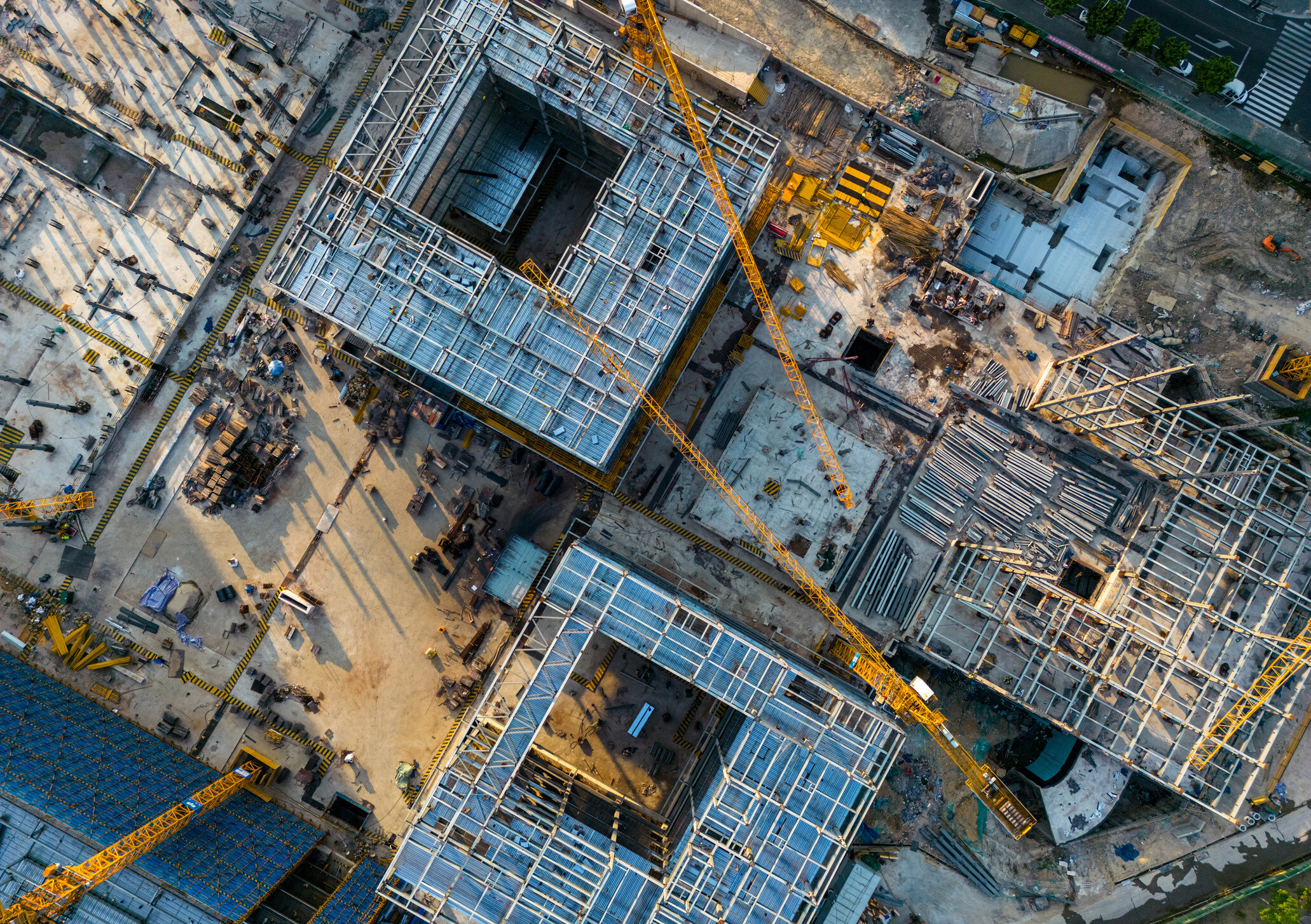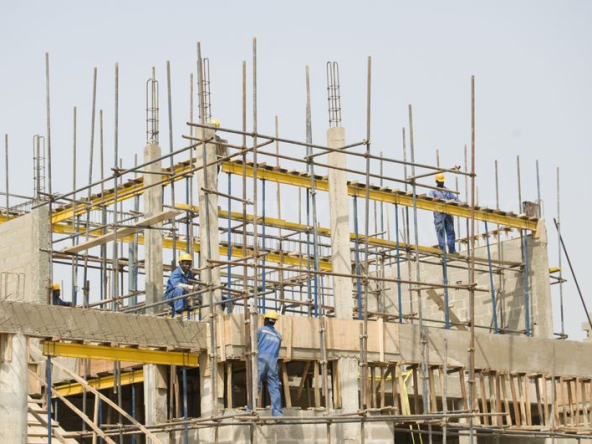The construction industry in Nigeria is on the cusp of a transformation. With rapid urbanization, increasing demand for housing and infrastructure, and the embrace of digital technologies, the sector is poised for significant growth. However, as promising as the future looks, it comes with its share of challenges.
In this article, we explore the key trends shaping the future of construction in Nigeria, the challenges that stakeholders must overcome, and the opportunities waiting to be seized by forward-thinking firms like Rock Mira.
Key Trends Driving the Future of Construction in Nigeria
1. Urbanization and Population Growth
Nigeria’s population is projected to surpass 400 million by 2050, with over half of its citizens living in urban areas. This surge is creating high demand for affordable housing, transportation networks, schools, hospitals, and commercial infrastructure. Construction companies that can scale quickly and efficiently will be in high demand.
2. Smart and Sustainable Building
There is a growing emphasis on eco-friendly, energy-efficient buildings. From green roofs to solar-powered systems, sustainable practices are no longer optional—they are becoming the new standard. Rockmira, for example, incorporates sustainable design principles into every phase of project delivery.
3. Digital Transformation and Innovation
Technologies such as Building Information Modeling (BIM), drones, 3D printing, and IoT-based monitoring are revolutionizing how construction is planned and executed. These tools improve accuracy, reduce costs, and accelerate project timelines—while also enhancing safety.
4. Public-Private Partnerships (PPP)
Governments are increasingly partnering with private firms to address infrastructure gaps. With the right structure and funding, PPPs can help bridge the financial divide and deliver large-scale projects in roads, railways, and energy.
Challenges Facing the Construction Industry
Despite its potential, the Nigerian construction industry must tackle several obstacles:
1. Unstable Economic Climate
Fluctuating exchange rates, inflation, and limited access to capital can impact project financing and planning. This makes cost control and financial forecasting crucial for firms operating in the sector.
2. Inconsistent Policy and Regulatory Frameworks
Unclear building regulations, permit delays, and inconsistent enforcement of codes can slow down progress. A more unified regulatory environment is needed to attract foreign and local investment.
3. Skilled Labor Shortage
Although Nigeria has a youthful population, there is a gap in technical training for construction roles. Bridging this gap through vocational training and apprenticeship programs is critical for long-term growth.
4. Material and Logistics Costs
The cost of importing materials and the challenges of transportation logistics due to poor road networks can inflate construction budgets. Sourcing locally and investing in logistics solutions are essential strategies for staying competitive.
Opportunities for Growth and Leadership
While the challenges are real, they also create room for innovation and growth. Here are some opportunities:
- Affordable Housing Development
With millions in need of quality housing, firms that can provide scalable, affordable solutions will lead the market. Modular building and prefab technology offer faster and cheaper ways to meet this demand.
- Infrastructure Development
Ongoing projects in rail, roads, airports, and ports signal a commitment to improved national infrastructure. Construction firms have the opportunity to play major roles in these transformative initiatives.
- Renewable Energy Integration
As Nigeria diversifies its energy mix, there’s demand for construction firms experienced in building solar farms, wind energy infrastructure, and smart energy-efficient buildings.
- Tech-Enabled Construction Services
Embracing software, automation, and AI will distinguish forward-looking companies. Digital project management platforms, smart site monitoring, and predictive analytics are giving early adopters a clear advantage.
Rock Mira’s Role in Building the Future
At Rock Mira, we believe the future of construction in Nigeria lies at the intersection of innovation, sustainability, and integrity. We are actively investing in smart tools, sustainable materials, and skilled professionals to deliver high-quality, future-ready projects across Nigeria.
Our engineering and construction services are not only built to meet today’s demands—but designed to last into tomorrow.
Conclusion
The construction landscape in Nigeria is dynamic and full of potential. While the road ahead requires strategic navigation, the opportunities for transformation are immense. With the right mindset, tools, and partnerships, the future is not just bright—it’s buildable.
Ready to build the future with us? Contact Rock Mira today to learn how we can support your next construction project.




